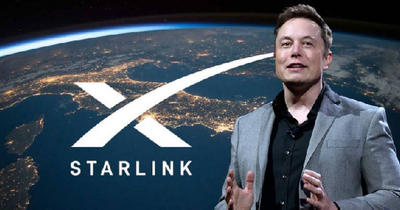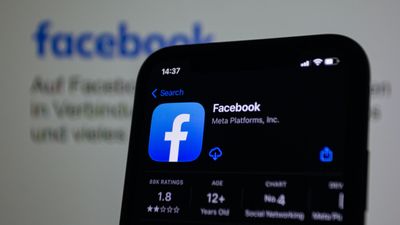By Jay Cousins
Afrika's greatest assets are already developed. They are technologies we once possessed in the West but have forgotten how to use. Technology is a tool applied to achieve a result.
If we are willing to apply this thinking to virtual and physical things, why not to our own intellectual and emotional states?
Why are we constantly in pursuit of recreating ourselves – poorly – trying to create the perfect humanity mechanically, freeing ourselves in the process, and failing to look at or admire our own capabilities?
What is technology?
Man is technology, as is every creature, plant, and thing that replicates itself on the planet. We are a form of technology used by genes to continue their existence.
Technology is not always used consciously and it can unconsciously affect the user. We evolve together, we shape our tools and in turn, they shape us and how we live. We started to neglect the development of the Self, in favor of the shaping of our environment our external technologies.
As our technology developed, we began to adapt ourselves to the environments we created. We lost our fur, we shrank, our social and emotional behaviors shifted from nomadic to sedentary lifestyles.
The tools with which we surrounded ourselves, affected our minds, our approaches, and our metaphors of existence – consider the language we use, how many of our terms relate to war, how many of our metaphors of society are based on factories and industrialized processes.
Ideas and tools which were readily available to our imaginations, were more likely to grow, evolve, and be adapted into our next point of mutual growth and development. Buses, Trains, and Cars are based not on human dimensions, but on the width of 2 horses' arses.
This is due to horses and carriages being our base point of imagination at that point in history with respect to transport. Early computers likewise clearly derive their interfaces from our established relationships with typewriters and televisions.
The inherited ideas of externalized technology and its forms were more prevalent in the design considerations of such objects than human considerations. When I think of technology I think very broadly, I would argue language is a technology, ideas, systems, business structures, processes.
All are technologies.

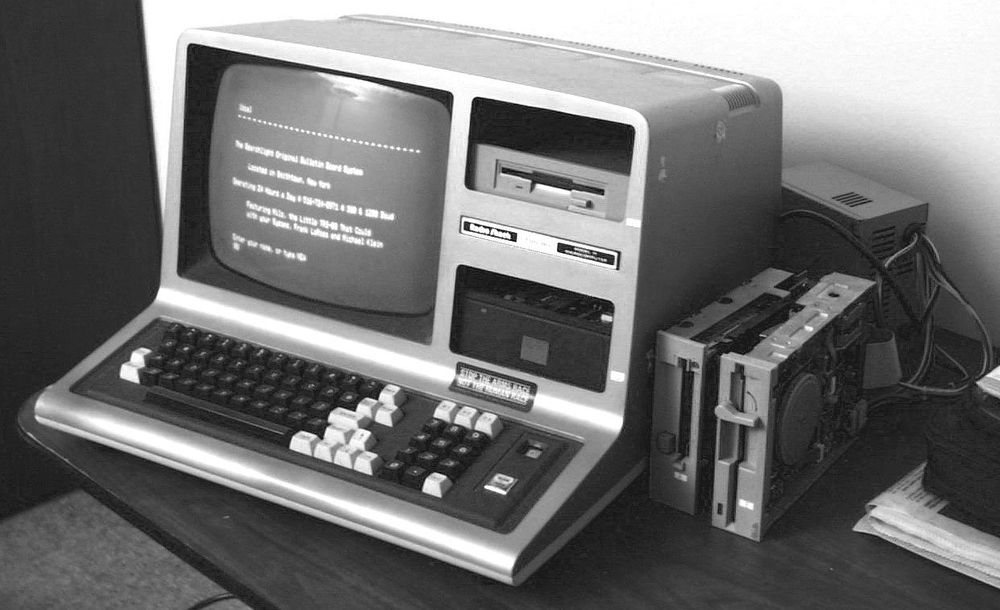
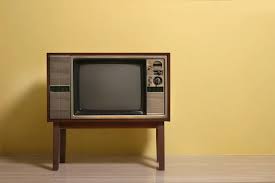
At some point we began to accept them as standards, we ceased to question their effectiveness with respect to how they really enhance our lives and allow us to be better humans capable of passing on our Genes.
We are starting to fail in our own function. In Japan some youth are disinterested in sex, they lack the desire to reproduce.
A disconnected people
Many of us have forgotten how to repair, maintain and improve ourselves. We are dependent on and disconnected by the externalized technologies we use to sustain us, whether physically, mentally, spiritually, or emotionally.
On top of the hardware that we ourselves possess, we each have our own Operating Systems, comprised of different scripts and stories, as well as behaviors, and social adaptations.
We have created layer upon layer of stories and relationships. The more scripts we wrote the more bugs we added to our systems. We seek to simplify our lives, yet we strive to achieve this by increasingly complex solutions. We seek to use technology to reconnect us with each other, further disconnecting us in the process. Many of us are incapable of thinking outside of these frameworks.
We approach a problem with a technological solution in mind. We think “How can I solve this with an App?” rather than “How can I solve this?”
We must address problems, starting with the problem, not with the solution. Just because an external technology is mentally more available because it's sexy this year does not make it the best solution.
Why do we externalize so many of the functions we naturally possess to technology?
Why can we not perceive ourselves as the basis for our progress?
We have a very bad story for ourselves, one where we perceive mankind as negative, needing to be controlled, to protect ourselves from the “others”.
Our stories of the future are no better, Armageddon, Environmental Destruction, Economic Collapse, take your pick. These stories comprise elements of our Operating System. Scripts running in the background affect our development and interaction with each other and the world around us.
Many of these scripts are competing both internally on a human scale, and replicating like viruses on a social scale. Constantly interfering with one another, sometimes intentionally, but more often than not due to bugs and flaws, hereditary issues based on long-dead and unnecessary social constructs.
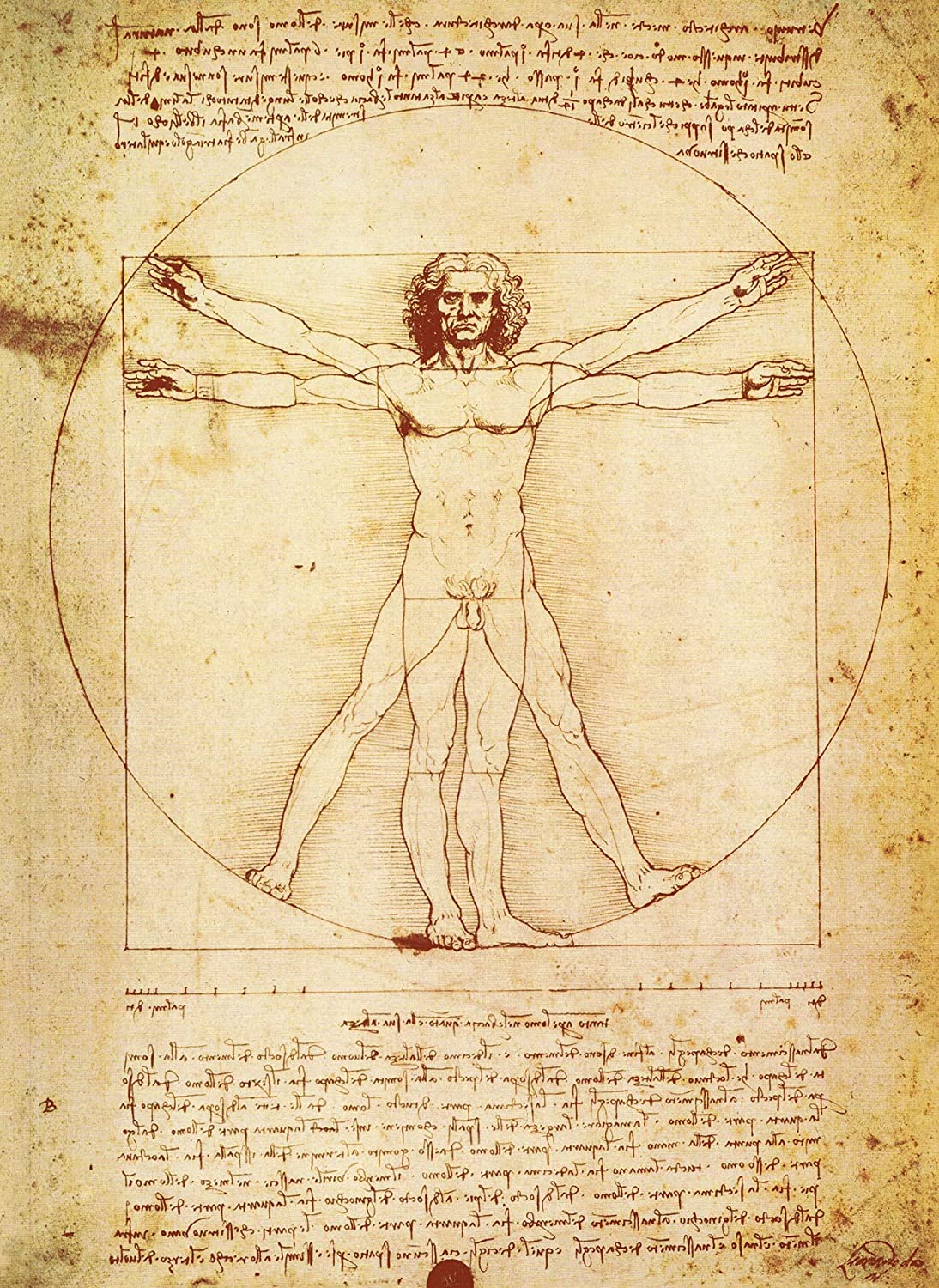
Talking to one another
Working in a community that still has a strong relationship with this Social Tool, has astonished me with its effectiveness. It also helps to retain strong social bonds, strengthening the network and its connections. Increasing its resilience.
Many functions run on this platform when used effectively. It is further enabled by mobile phones. Within a community where talking to each other is applied, then the network spreads the knowledge and amplifies what is important, the stories below are two examples of this.
When I first arrived in the Nubian Village, I started to try making Pop-Pop Boats- a small candle-powered boat, made from recycled materials. After the first boat worked I showed some locals, and the kids at the school. One week later, I was buying some more candles for a new boat. I set the motor down on the counter.
The guy in the shop smiled, said Pop-Pop, and pulled out a diagram he'd drawn himself. I drew no diagrams in my explanation (which was just a demonstration of the boat), this was the result of village conversations.
In a community with strong connections, exciting knowledge travels fast. Facebook shares could only dream of this level of connectivity and knowledge transfer. Based on a lightweight OS, with an Open API sharing effective technology solutions within the community requires little more than showing and inspiring.
In another instance, as we were walking home, a Guy approached with his phone. On the other end was my friend. He told me, someone else had left some lightbulbs at my house for him. These houses were 100m apart. I realized I was witnessing the last 100m of a Networked Delivery System, the bulbs purchased in Aswan, transferred between friends, using houses as collection points, until they edged ever closer to the one who needed them.
I'd previously wondered how I saw little work followed by bursts of energy and effectiveness. Sharing where you are going, what your doing, what you need, all conversations that make it easier for us to get done what needs to be done together.
I'm not saying the above scenarios happen all over Afrika, but I suspect they still do especially in areas where digital technology is not yet pervasive. In this area, there are challenges and genuine needs to be addressed. But there is a strong operating system that should not be ignored. It possesses bugs like any other system, but it does not possess so many layers of systemic complexity and technological disconnection.
It represents a space to explore how we can create meaningful systems, and how we can use technological development upon a firm foundation of community to advance society in a way that sustains us.
The question for me is how can we learn from and replicate such behaviors in the West?
Technology and culture
Our culture is failing us because of the level of disconnection and dependency we have created. We must listen, learn and translate. To explore how we can rebuild the base foundation of community required for a well functioning system.
When we truly communicate on a human scale, we are far more effective than any externalized technology is presently capable of. We have hacked text to convey emotions via the emoticon ;), but this is not nearly as effective as speech and action in person.
Externalized technology has its uses, but we should first look to ourselves, and what resources a society/community has access to before reaching for the app, the laser cutter, and the smartphone. We are capable of powerful adaptations and problem-solving capabilities. We are the Ultimate “Machine” - we can reproduce ourselves, adapt our environment, create tools and other machines.
We are the ultimate distributed technology, but we neglect to use ourselves effectively. Rural Afrika and other parts of the world where the community is strong at the base have much to teach us. There are many social skills as well as a better understanding of how to engage with the Physical World, shape it, and use what is available effectively and without waste. We have much to learn.
Let's take care not to destroy what functions already as we strive for the new. Let us take care not to let shiny new objects and concepts cloud our ability to see what is already here and working. Let us instead use these human-scale foundations to introduce externalized technologies that are fit for purpose and environment.
Don't copy the West, our bugs, our flaws, and our failing social systems, instead, let's work together to explore how we can build technology that serves us on a human scale and uses what strengths we already possess to full effect.
This for me is the opportunity Afrika represents. A chance to learn together, to exchange, and to mutually develop means to sustain ourselves in a way that serves our Human needs and uses our human capabilities.
We all have the technology already, we just have to use it effectively.


